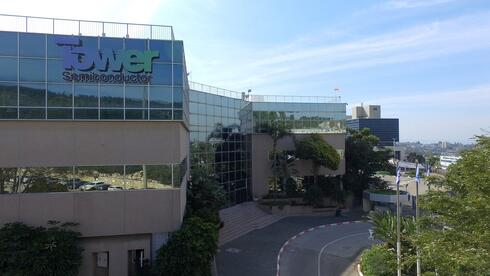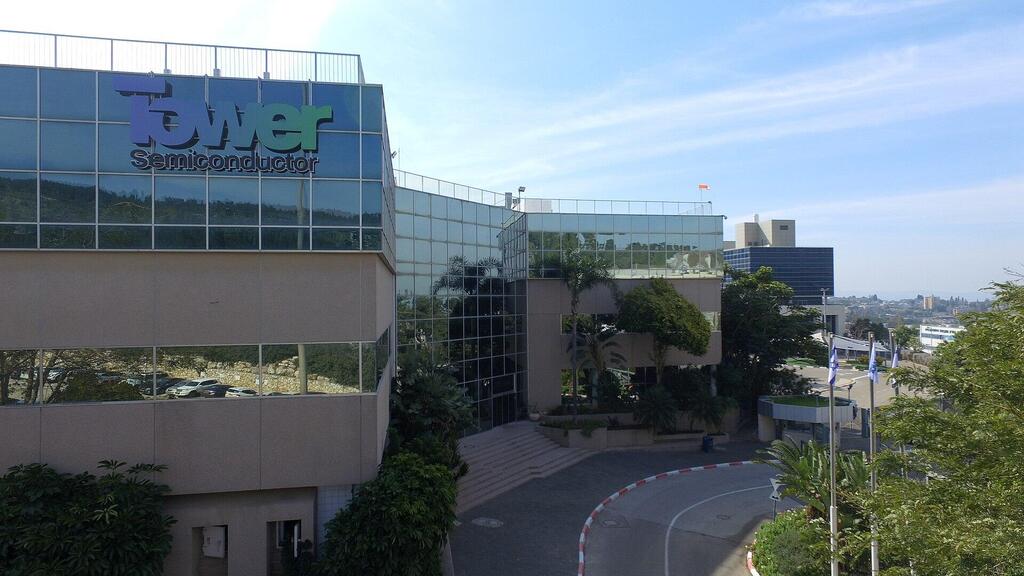
Analysis
Tower Semiconductor: Shifting from Intel to India?
With Intel deal off, Tower Semiconductor could find new ground in India's thriving chip market
Did Tower Semiconductor gain or lose from the canceled deal to merge into Intel at a value of $5.4 billion? Amid the commotion surrounding the cancellation, the main focus naturally went to Intel— who needs Tower's chip factories to strengthen its new chip manufacturing division. There is also quite a bit of talk about the escalating chip war between China and the U.S. But less was written about the chip maker from Migdal HaEmek, Tower Semiconductor, about whom it is not certain if it should be considered as a winner or loser from this development.
In the digital world, where oil is a thing of the past and the debate is whether data or chips are the new oil, a company like Tower has something to sell. Who needs China when there is India — the country that hopes to become the third largest economy in the world in the next decade? India recognized its opportunity to break into the chip market - while China and the U.S. are fighting each other - and set a goal of reaching $300 billion in electronics production by 2026, of which about $60 billion will be in chip production. The Narendra Modi government announced this back in 2019, and since then, as China and the U.S. become more and more entangled, it pushes forward various incentives for the establishment of chip factories on its territory. However, to date this plan hasn't really worked for it, and the local chip industry hasn't really taken off.
Part of that was Tower's fault. The Israeli chip manufacturer, under the management of Russell Ellwanger, was supposed to be the main partner, responsible for technology, in a consortium of companies that would establish a $3 billion chip manufacturing plant in India. The official announcement about this came out in May 2022, three months after Intel's announcement of its intention to acquire Tower, at the end of an exhausting bureaucratic process. Because Tower was already on the merger track with Intel, the announcement came and went without any fanfare, while in India they were frustrated that the Intel deal and the inquiry with the Chinese regulator halted its plan. Meanwhile, the ambitious plan to establish a factory at a cost of $19.5 billion by the giant from Taiwan Foxconn, in cooperation with an Indian company, progressed very slowly. India's only success in this regard was the announcement by Micron, an American chip manufacturer, of its intention to invest $800 million in a production and assembly plant in Gujarat in western India.
"Tower can turn the fact that it lost the deal with Intel into a victory in India," Carice Witte, an expert on China and chairman of the SIGNAL (Sino-Israel Global Network & Academic Leadership), told Calcalist. "India is not seen as a superpower, but it is laying the infrastructure for it, and doesn't want to be ignored anymore. The UAE, which is very active in India, may want to invest in such a chip factory to bring Tower into India," she adds.
Tower, which currently has two plants in Migdal HaEmek, two plants in the U.S. and two more in Japan, will receive from Intel a cancellation fee of $375 million, an amount that is admittedly not enough to establish a new plant, but can certainly be used as initial capital that can be leveraged. Certainly If we are talking about a country like India, which has already given it permission to set up a chip factory on its territory, and is ready to give more incentives than ever to a company that has received Intel's stamp of quality. India has already expressed a willingness to provide incentives of $10 billion, but has also signaled that the numbers may increase considering it has to compete against the grandiose plans of the U.S. within the Biden administration's CHIPS act.
Witte estimates that it will be very difficult for Tower to find another buyer, if it does indeed want to be sold, and this is because today there is almost no chip company that would not need the approval of the Chinese regulator to carry out such a transaction. India would be happy to welcome Tower into its arms as an Israeli company, which comes from a country that is not completely identified with the chip war and is trying to position itself as an independent chip production area. This is also India's plan, which, according to Witte, has recently been moving away from China and getting a little closer to the U.S., but not too dramatically - just enough to allow it to market itself as the new golden path to the chip market.














